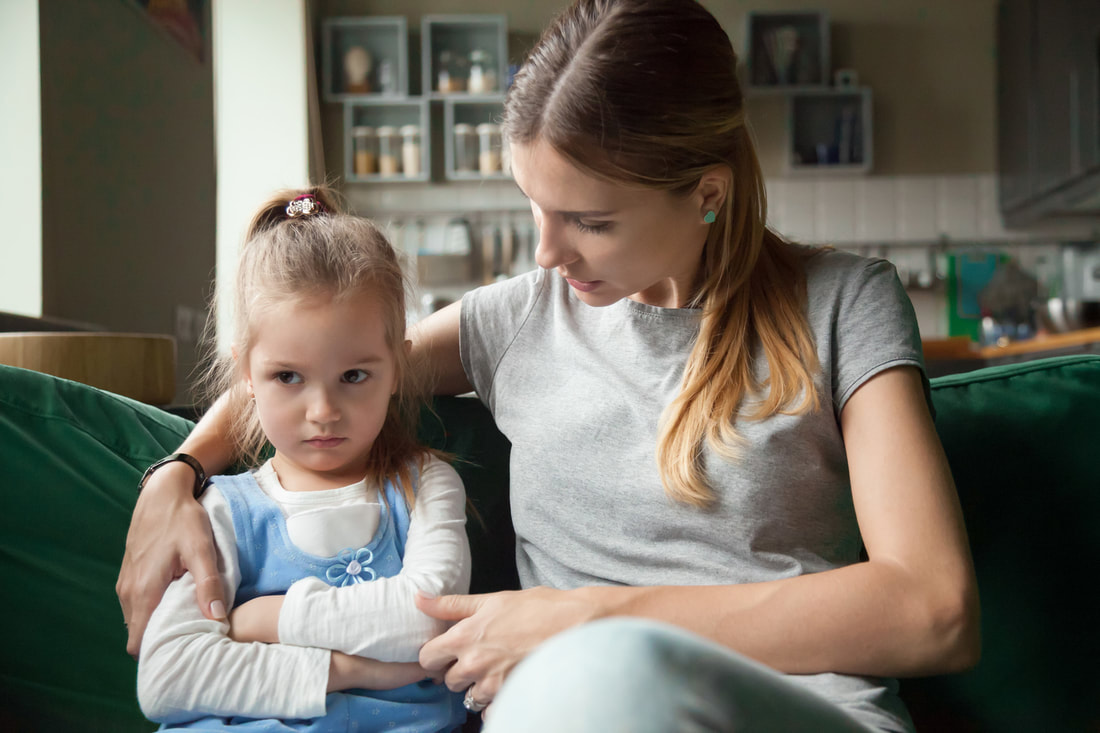
Don’t hide the truth from your child
We don’t give children enough credit for their accuracy in decoding parental issues and understanding complex feelings. After the parent has come to an agreement and a plan has been set in place a child should be made aware. Many parents do not tell their children about the separation and divorce until days or weeks after one of the parents has moved out of the house. There are many difficult and confusing feelings which will come up for parents, but keeping your children in the dark about the plan or your feelings will leave them feeling betrayed and deceived. It may also leave them ill prepared for other major life events. Child development experts agree that withholding the truth about their parents’ separation and divorce does not protect children.Children always do better in hearing the truth than in hearing a lie or misleading information from a parent. Furthermore, deceiving your child in this way may influence the trust dynamic you once had or it may result in your child feeling anxious during certain situations. It is not the parents’ job to protect their children from truth. Rather, parents should give accurate and truthful information, and then help their children deal with the feelings that are generated.
Story-telling
When telling your children about your separation and divorce it is important to take in to consideration their level of understanding and the way in which they interpret situations. What you many tell your six year-old will sound very different from your fifteen year-old. Both parents should come together before a discussion with the children in order to tailor the story so that both of them are on the same page. Divorce and separation is complex, multi-layered, and sometimes messy, but for the younger children these concepts are difficult to process. Children believe there is only one truth in any given situation. The idea that there may be multiple truths is beyond the grasp of most children, since it requires a level of abstract thinking of which children are not yet capable. Thus, in order to help children come to terms with the fact of their parents’ divorce, it is most helpful for them to hear only one mutual and consistent story of why their parents split up. However, when it comes to teenagers, your story can be a little more detailed and expressive. Remember that children should always be aloud to ask questions and express their feelings. This is also a good learning opportunity for children to see their parents manage a stressful situation and deal with difficult emotions.
Handling Reactions
Even after parents have done the work of explaining the separation, what may even cause more apprehension are the questions that may follow. First, parents must recognize their son or daughters feelings, reassure they will always be safe, and that Mom and Dad love them no matter what happens. Children and even teenagers need to feel a sense of security. Sometimes parents struggle with how to respond to children’s questions if they come up. Discussing questions that may come up for your children prior to the reveal of the separation will be beneficial. Remember that children are typical focused on their “little bubble.” They will want to know how this divorce will affect their daily lives. If there is a question you are unsure of how to answer say that you are not sure and will talk more about it with mom/dad and find an answer. Your children will find comfort in seeing the two of you remain civil and working together still.
Dealing with a divorce is never an easy thing, but remaining involved and consciousness of your child’s needs during this life transition will be paramount. Take the time to develop your story and remember to practice questions before the conversation. Be honest and remind your children that they will always be loved no matter what!
